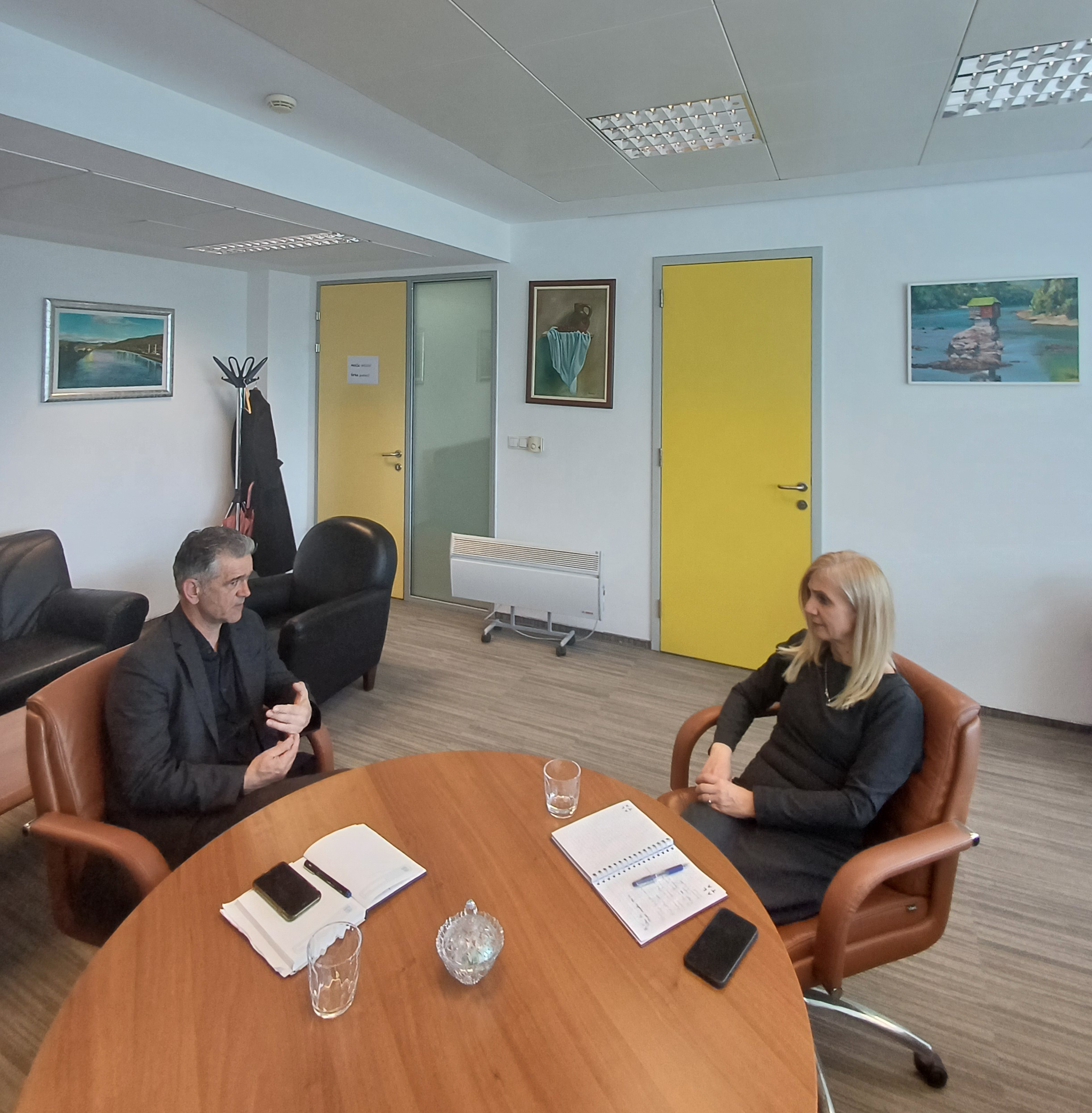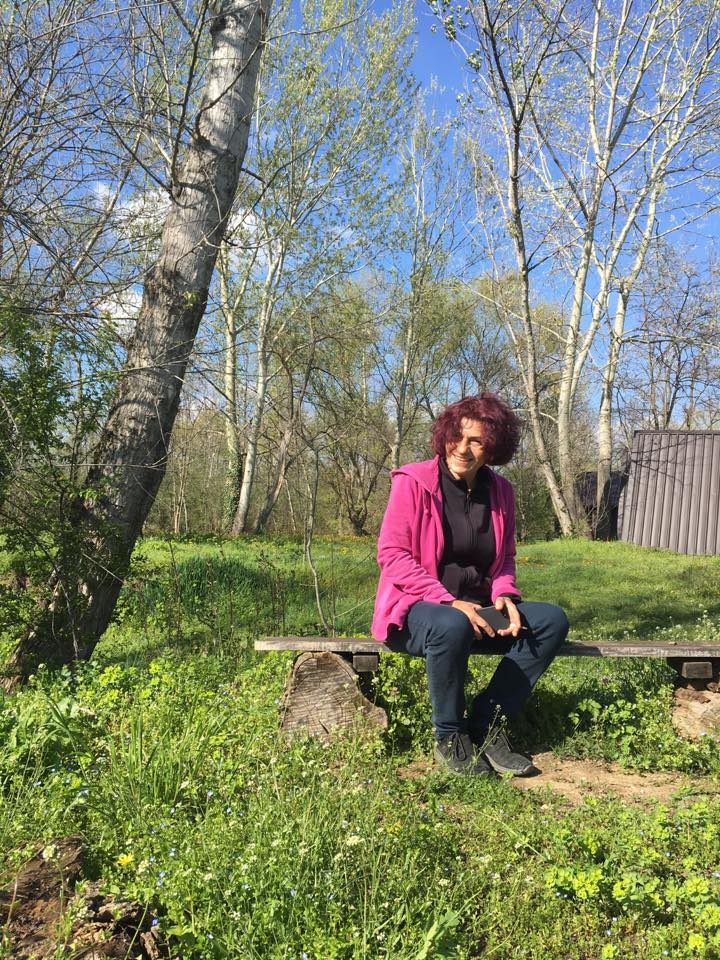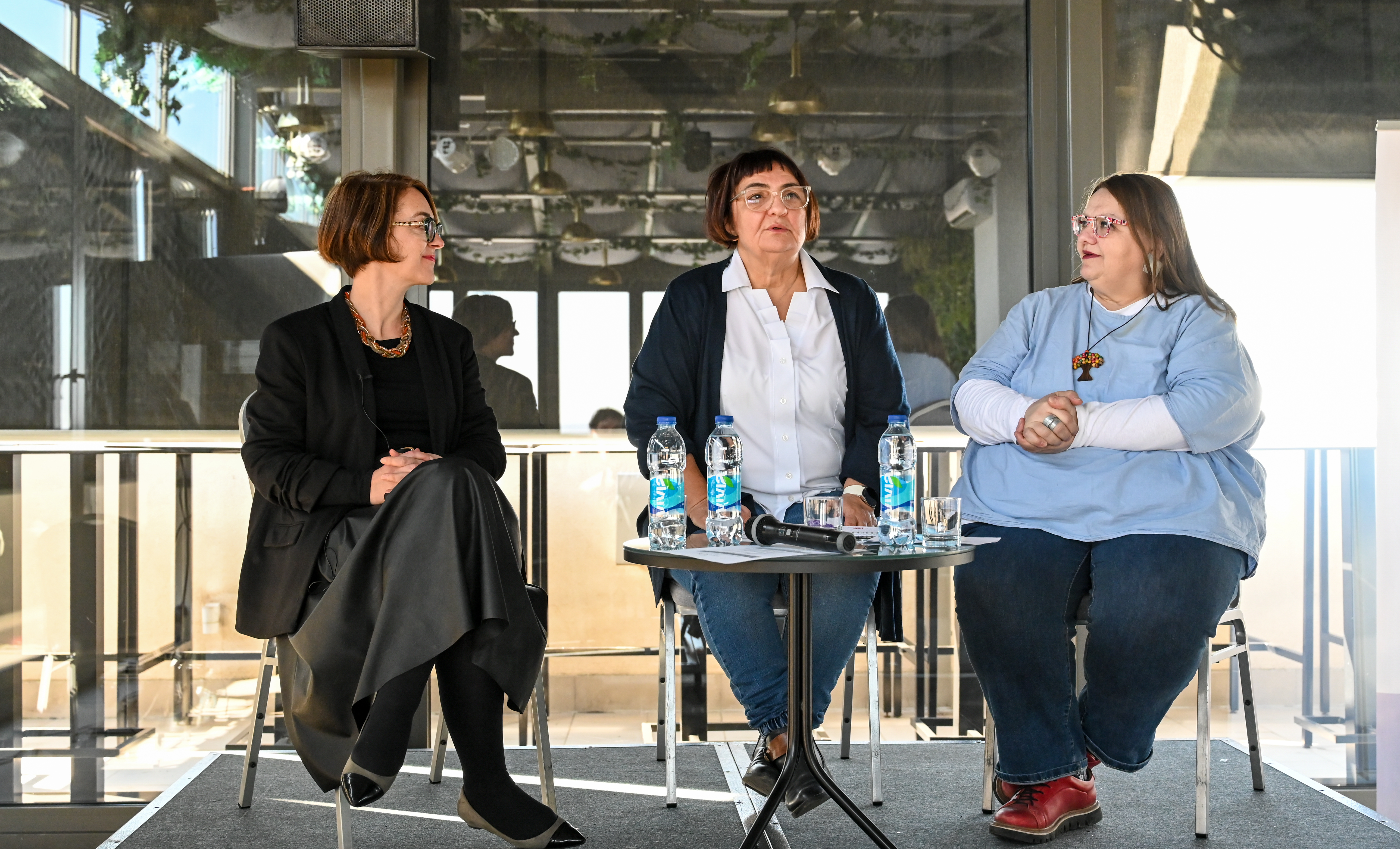Reforms in upbringing and education should come from below – from teachers and the local community is one of the conclusions of this meeting.
The Helsinki Citizens’ Assembly, as part of the USAID project PRO Future, and in cooperation with the Community Development Center ToPeeR in Doboj, organized a round table on June 14, 2023 on the topic “Challenges of Upbringing and Education in Contemporary Society”.
The aim of the Round Table is to exchange the opinions of the professional public on the challenges of the modern era in the upbringing and education of children and young people, with a special focus on peer violence and alienation, as well as the lack of empathy among children and young people.
The panelists of the round table were Aleksandra Đuričić, psychologist, Secondary School Center Doboj, who pointed out that there was no retraumatization in BH society in the right way, both for the generation to which she belongs and for children and young people who also went through some events such as the COVID-19 pandemic or the floods that hit the country in 2014. Communication and giving responsibility to children is the key, where we adults must be role models for children.
Davor Cvijanović, teaching assistant, pedagogue of Elementary School Vuk Karadžić from Doboj, pointed out that the development of critical thinking is not systematically included in the education system. Critical thinking is not encouraged in schools, but suppressed. On the other hand, we have children who, due to the use of modern technologies, sometimes have more knowledge than certain teachers, and therefore the desire to question and research, said Cvijanović.
Tanja Marić, a pedagogue from the Faculty of Philosophy in Banja Luka, pointed out that there is no additional investment in the individual or the teacher and they do not have the mechanisms to follow the modern challenges of education in our society. “Our children are not taught to think critically from an early age. Developing cognitive competences, separating the essential from the unimportant, is not taught in our educational system. We should teach children to distinguish and think critically, as is the case in some Western countries.
“At school, effort and work are not valued, but only grades. Huge pressure is created on children and parents overprotect them, while the educational role of the educational institution is lost,” Marić pointed out.
Investing in teachers, involving parents and the local community, and connecting formal and informal education are some of the conclusions of the round table. Repressive measures will not help much in the fight against peer violence.





